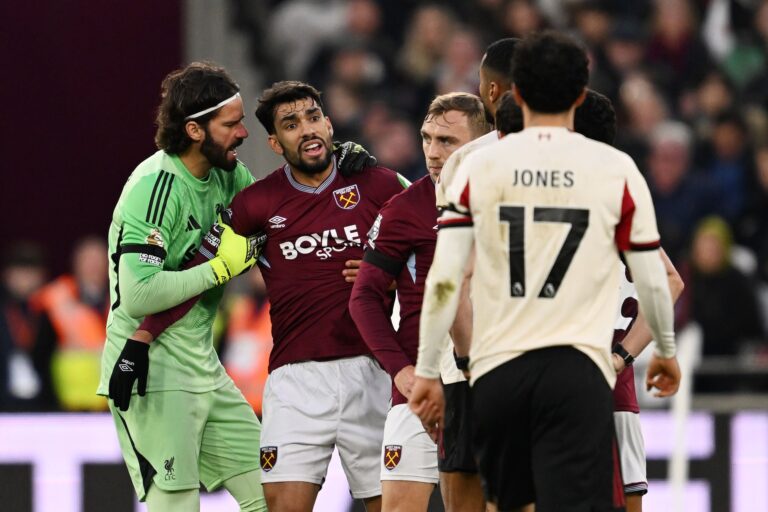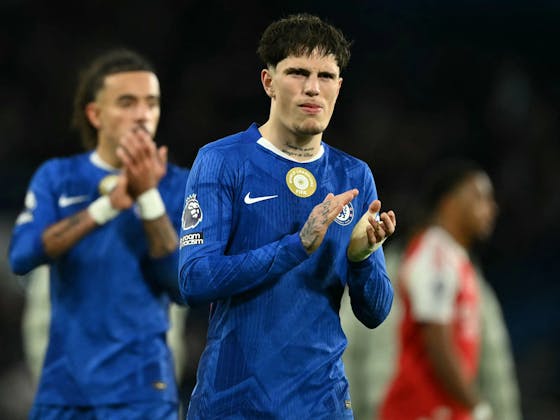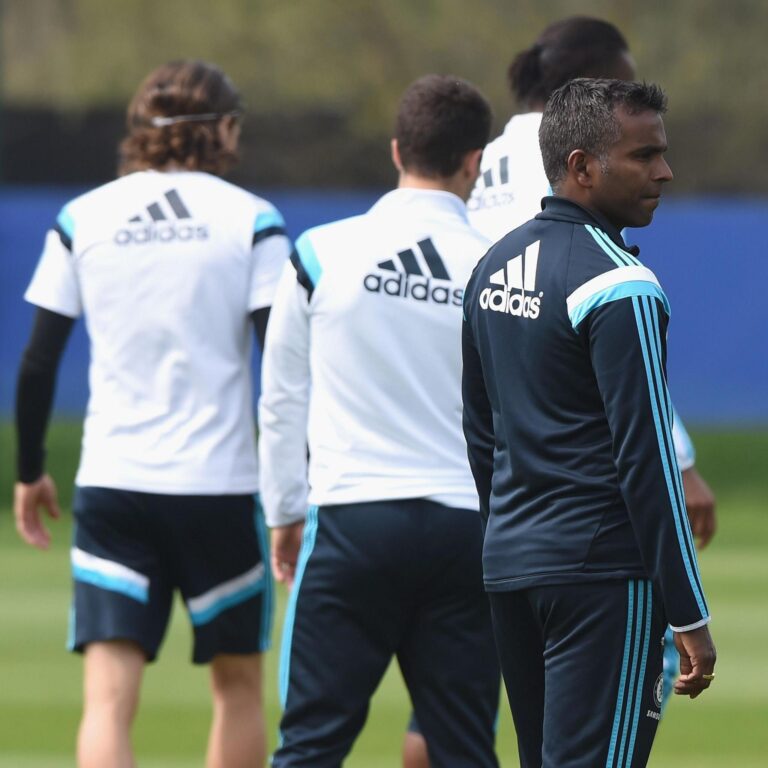
East Meets West: The Mentor Who Transformed Chelsea
Image source, Getty Images
Vinay Menon, a name once scarcely recognized in football circles, stood at the threshold of Chelsea owner Roman Abramovich's grand London mansion in 2009, oblivious to the seismic shift about to unfold in the beautiful game.
Little did he know that this very meeting would not only alter the course of his professional life but mark him as one of the most noteworthy figures in the sport—a colossal ambassador of Indian roots in a landscape dominated by European elite.
Born in the lush terrains of Kerala, Menon was inspired by his maternal ‘yogi' grandfather to embrace a vocation in wellness. His unique journey began as a word-of-mouth referral to the Russian oligarch, whilst he was engaged in conducting wellness retreats for the affluent in a lavish Dubai hotel.
It was the father of Abramovich's then-wife, Dasha, who first sought Menon’s expertise before he ultimately found himself traversing to London, undertaking private instruction sessions for the Abramovich family. But it was Abramovich’s endorsement that propelled him to the illustrious Cobham training ground, where he earned the distinguished title of the Premier League's inaugural wellness coach.
“Roman asked for it to happen and it happened,” Menon recalls with a hint of disbelief. “I was an Indian, who was never exposed to football, entering a massive club and it seemed impossible.”
“There was a big barrier, but it was not an immovable rock because it came from the owner himself – he initiated that change so everyone was ready to try,” he adds, shedding light on the fresh winds blowing through the Chelsea fortress.
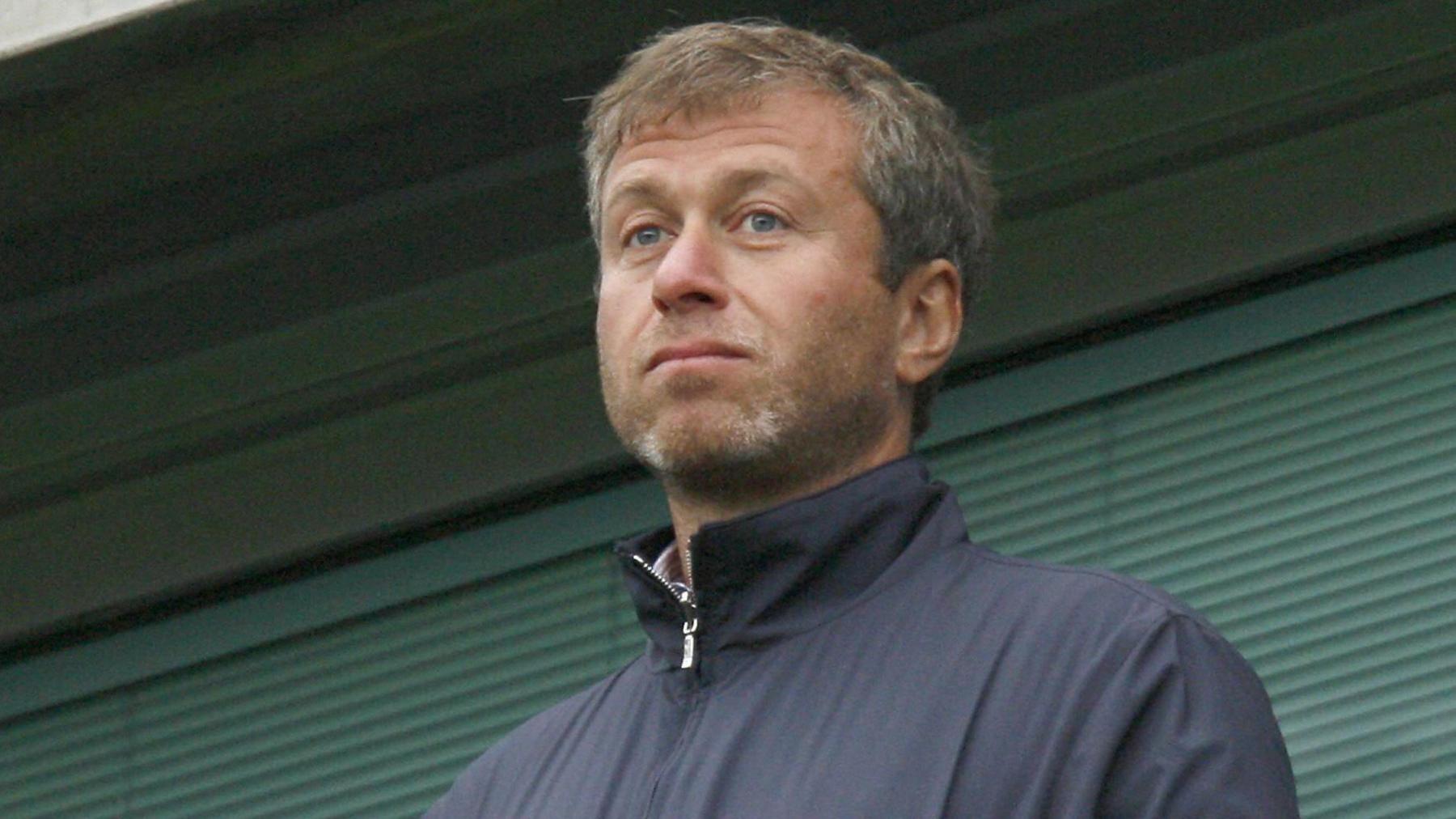
Menon's arrival wasn't without its challenges; introducing a culture of wellness amidst a squad accustomed to elite-level pressure and intense competition required deft navigation.
“We are talking about elite performance – change is always difficult,” Menon states, underlining the resistance often faced in high-stakes environments. “Adding or taking away is always difficult; people don't want to change because they are already performing and winning. Why should they?”
“Everyone treated me well, but training the players wasn't easy initially. I should thank a few players who were ready to try me.” The truth was, the players were under no obligation to engage with Menon's sessions. His approach was voluntary, and he had to persuade the top stars of the game why they should invest in another layer of training.
It was Didier Drogba who emerged as Menon's fervent supporter. “Didier was the initial one,” he reminisces. “Chelsea is like one big family, and we just sat and ate in the canteen with the players, which sparked conversation organically.”
“He asked what I can do for him, and I told him we can try this, and he asked me to try right away. That was the moment when football opened in front of me.” Menon reflects on how that singular moment opened the door for transformative change within the club.
With Drogba on board, a ripple effect ensued. Soon, icons like Joe Cole, Frank Lampard, and John Terry began to approach Menon to explore what he had to offer. “The medical department were fantastic and made me part of their team, despite being from a different discipline,” he acknowledges, recognizing that collaboration was key.
Menon embraced a holistic approach involving meditation, mental fortitude, and debunking the pressures that often suffocate top-tier players. “I was a person without a title, teaching the players self-care and how to balance emotionally, spiritually, and ultimately impact them physically,” he explains.
“They are human beings and need a friend to giggle with, babble to, and then they will open up. You need to be happy in the mind in sports and business. It’s the same; the mind is everything.”
Over the next 13 years, Menon became a stalwart of Chelsea’s backroom staff, rubbing shoulders with managerial giants including Carlo Ancelotti, Rafael Benitez, Jose Mourinho, Antonio Conte, and Thomas Tuchel. “I got the chance to be part of all the trophies Chelsea won from 2010,” he proudly states. “What an experience; it was an unbelievable space. I miss it a lot, frankly.”
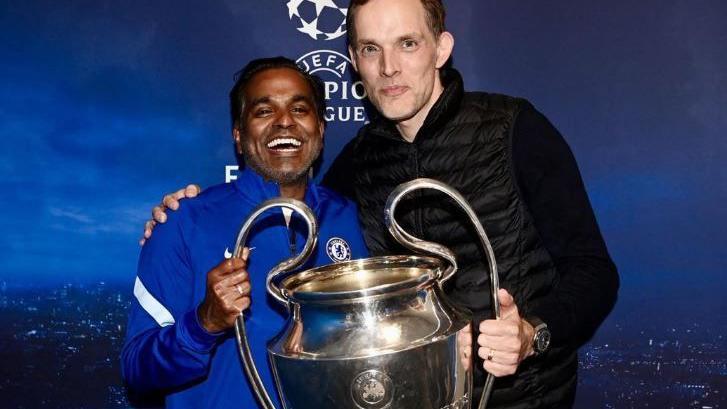
Yet even as Menon thrived within the Chelsea ranks, change was lurking on the horizon. Following the acquisition of the club by Todd Boehly and Clearlake Capital in 2022, a significant reshuffling ensued, touching nearly every department including the medical staff.
This upheaval was precipitated by Abramovich's departure, compelled by sanctions linking him to the Russian presidency amidst geopolitical turmoil. Chelsea has since found itself navigating tumultuous waters both on and off the pitch.
Amid a slew of injuries afflicting the squad, Menon remains hopeful about the club’s future under new ownership. “Change is inevitable in life,” he observes wisely. “The old regime had a lot of success and made a big mark on the club.”
“Another management team came in, which is very ambitious and profoundly different, approaching football from a fresh and varied perspective,” he assesses. “They need time to adapt; what they’re experiencing now is akin to a pre-season. I believe they will find their footing.”
“I wish them all the best; I am still a Chelsea fan, and the club gave me everything I have,” he concludes, his allegiance firmly rooted in the Blue of Chelsea.
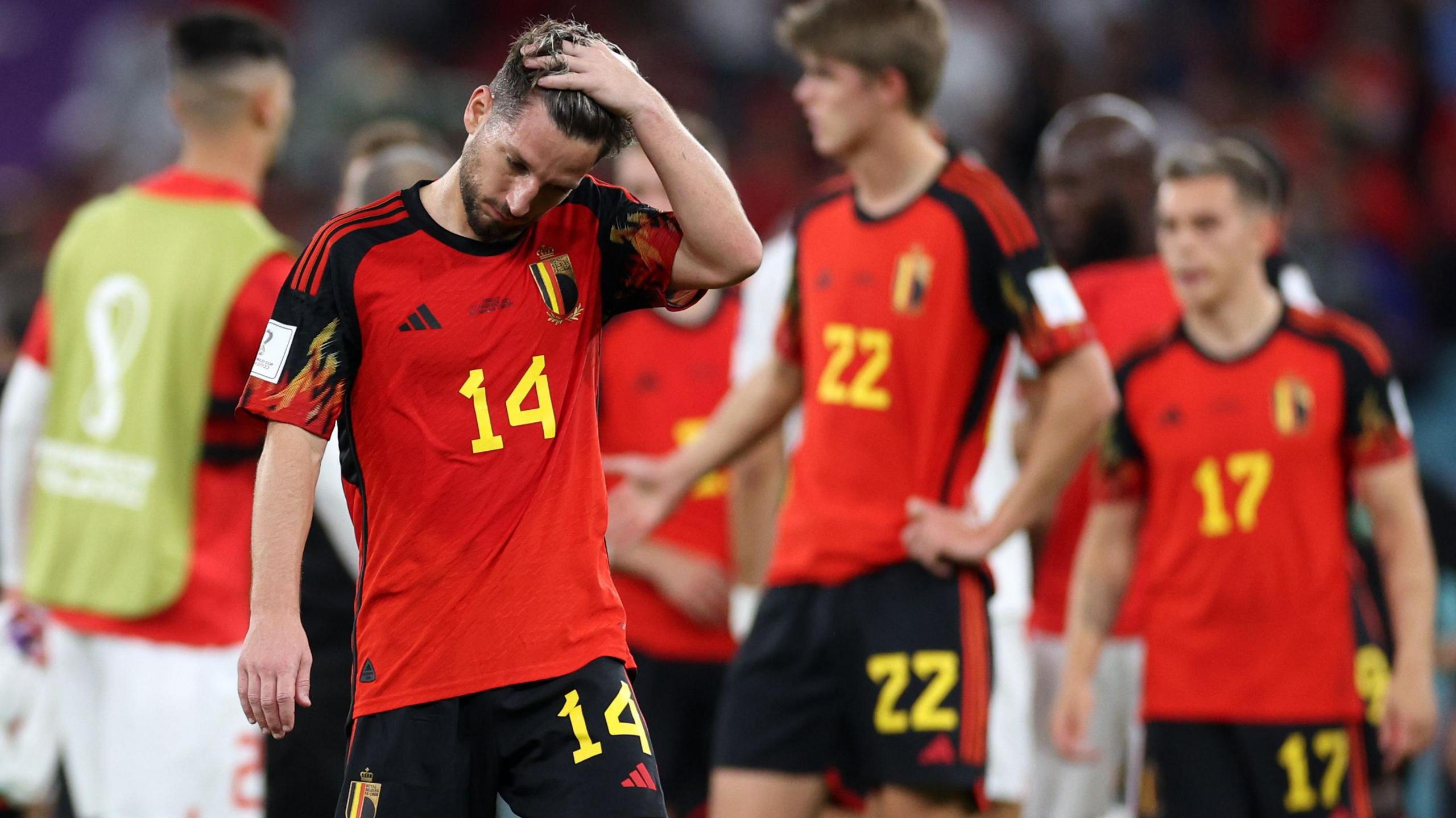
Menon forged a path less traveled in 2022, becoming a valued member of Roberto Martinez's coaching staff at the World Cup with Belgium. For a nation like India, which stands on the sidelines of international football—having never qualified for the tournament—Menon's presence was monumental, shining a hopeful light on what is achievable.
“This representation always helps my home country and the young generation to show that there is a career,” he insists passionately. “We can be in this arena. If you are not in as a player, at least in the backroom staff. Traditionally, in India, most parents emphasize academics over sports. My mission is to show that both can coexist harmoniously.”
Menon emphasizes that to create a sustainable football culture in India, there must be a shift in infrastructure and mindset. “We are a country of 1.4 billion people, and the main problem is filtration,” he elaborates. “We need a minimum of 100 grassroots-level clubs to filter talent, structuring our youth programs and schools effectively.”
“If you systematize it, we will have a team,” he asserts confidently. “At the last World Cup, many Indians were in Qatar, following the journeys of Messi and Ronaldo. But we need a cultural change. Sports are essential for our future, in mental wellness, health, and the economy.”
“I have had these conversations before in India, and if my country needs me, I will always be there. I am sure sooner or later we will be at the World Cup,” he adds, a beacon of hope and determination for his nation's footballing aspirations.




